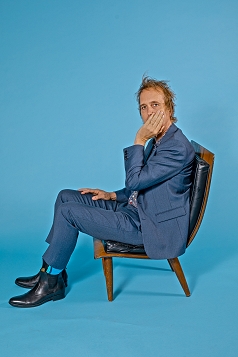By href="mailto:">JOHN BECK
FOR THE PRESS DEMOCRAT
Published: Thursday, January 14, 2010 at 3:00 a.m.
Last Modified: Tuesday, January 12, 2010 at 10:01 p.m.
When it came time to record a new album, Chuck Prophet packed up his guitars and headed south of the border for a Mexico City studio that was state-of-the-art circa 1958.
The result: “¡Let Freedom Ring!” is one of the most honest snapshots of troubled times to reach listeners in 2009.
From the stark opening riff of “Sonny Liston’s Blues” (admittedly a rip-off of The Clash’s “London Calling” intro without the morse code) to the striving strum and hum of “Leave the Window Open,” it’s chock full of heartache, despair and the occasional breath of hope.
The Village Voice called it “a ‘Born in the U.S.A.’ for our time.” No Depression christened it “a new American anthem for the post-9/11 world.”
The San Francisco folk-rocker with the Tom Petty drawl and the wry sense of humor (2010 resolution: “Start smoking again and stop working out” ), Prophet keeps telling everybody “they’re political songs for non-political people.”
Two decades after he split with Green on Red, the wide-eyed dreamer who fled Whittier for San Francisco is firmly entrenched as one of the most observant and honest songwriter’s songwriter plying the trade today.
Maybe it’s because he finally got his “breakthrough hit” out of the way back in 2002 with “Summertime Thing.” Or maybe it’s because he kicked drugs and alcohol 11 years ago. Or his storied collaborations with Alejandro Escovedo, Cake, Warren Zevon, Jonathan Richman and Lucinda Williams.
Or maybe it’s the way he pauses midway through the interview to ponder, “I know I don’t have a job, but I’d have to think about whether or not I’m actually making a living.”
There’s something about Chuck Prophet that begs to be studied.
Before the 46-year-old survivor takes the stage with his wife, keyboardist Stephanie Finch, and the rest of the Mission Express at the Mystic Theatre on Jan. 22, he took time out to talk.
Q: How’d you wind up in Mexico City in the middle of the swine-flu epidemic?
A: Well, we didn’t plan the swine-flu part. But I had a batch of songs and I wanted to record them somewhere energized. The whole process of recording these days has gotten so complacent with all this technology being available to so many people. And I just wanted that feeling of recording like your life depended on it. So we got it.
Q: How much of a bonding experience was that with the power going out repeatedly and the mass hysteria going on outside?
A: That was actually cool because every take that you hear on the record there’s a sense of triumph at the end. That kind of reminded me of the records I made as a teenager. We’d book a studio, like Hyde Street in the Tenderloin. We used to book the midnight sessions.
Q: How much do you think you paid for that back then?
A: A lot of money actually. Probably like $300. You can still get a lot of studios for $300 today lemme tell you. That’s one of the things that hasn’t changed. A good gig back in 1985 was $500 and a good gig in 2009 is still $500.
Q: That’s your New Year’s resolution — to get a $600 gig.
A: Or at least string together a few of them.
Q: Was there a moment in Mexico City when you thought, “Maybe this wasn’t such a good idea?”
A: I can’t say that I was scared, but there were nights when I was staring at the ceiling, thinking, “Oh boy, what have I done?”
Q: If I throw out a song title, can you tell me what comes to mind?
A: Hopefully.
Q: “Sonny Liston’s Blues.”
A: To me, he’s the perfect analogy for the American dream. He’s part reality and part myth — always just out of reach. He had to open the record. There was a myth people had that they were going to be able to comfortably retire and they woke up one morning and realized that reality was not quite what was sold to them.
Q: What about “Barely Exist”?
A: Steve Earle once told me, “It’s your job to keep your antennae up and find things that are absurd.” For me, the fact that we’ve spent a billion dollars building a bigger wall around this country and thousands of people die every year coming up from Mexico only for the opportunity to clean our toilets is just absurd.
Q: You haven’t been a super-political songwriter over the years, what was it about the issues that got to you this time?
A: Well, I can’t really say that this is some kind of battle cry. I’m not really a political guy. But what happened is I just kind of stood back and squinted and realized that all the people in the songs had one thing in common — that they were living in a particularly anxious, raw time. I mean I’m just a photographer. I just kind of shine a light on things.
Q: You’re taking snapshots.
A: Yeah, in my own way. I just try to stay as truthful to it as possible.
Bay Area freelancer John Beck writes about entertainment for The Press Democrat. You can reach him at 707-280-8014 or href="mailto:">.
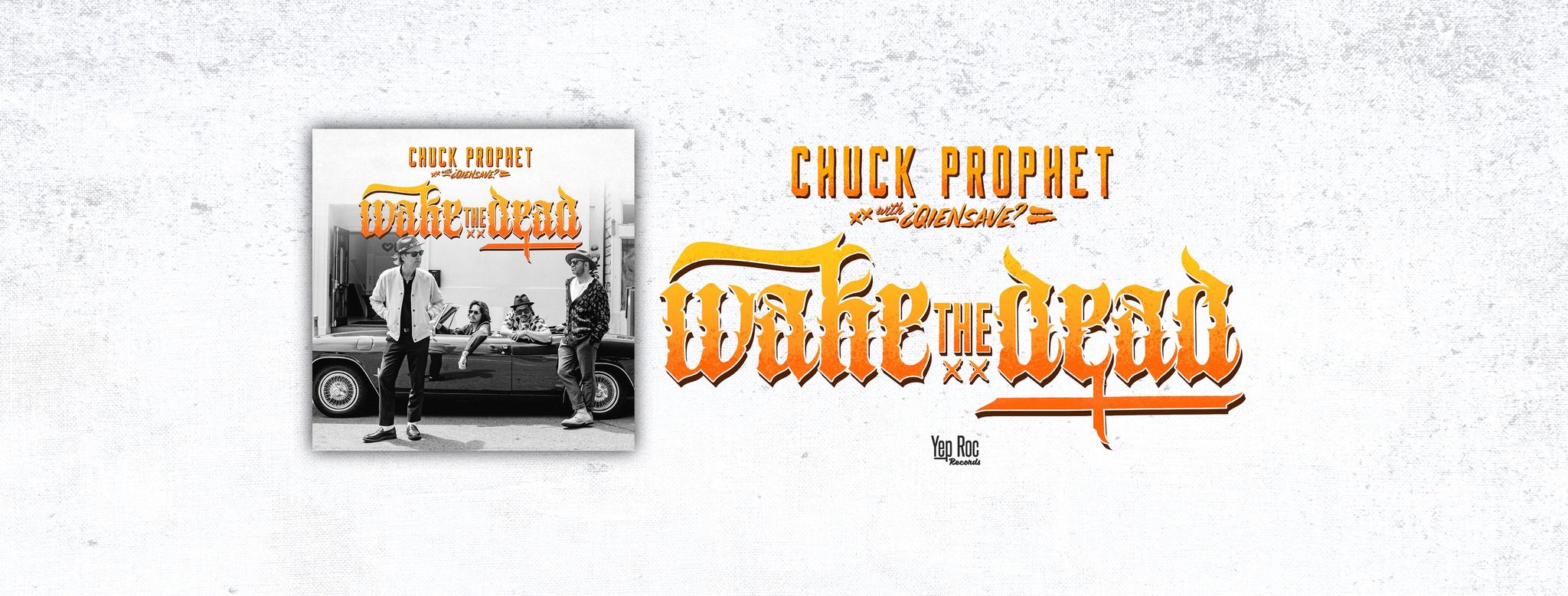

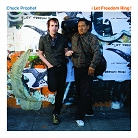






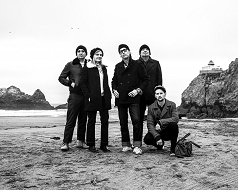
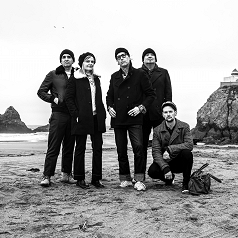
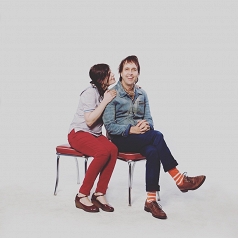
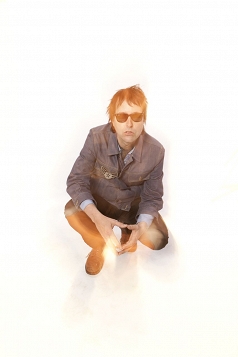
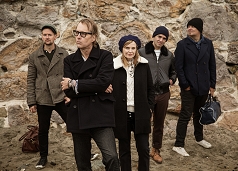
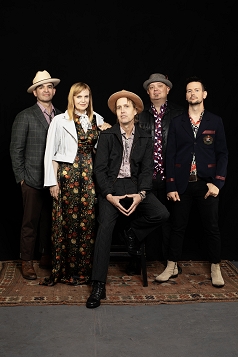
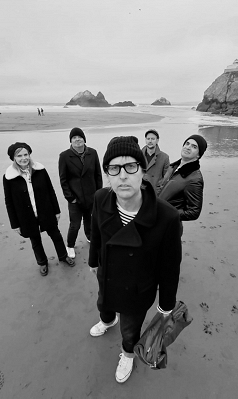
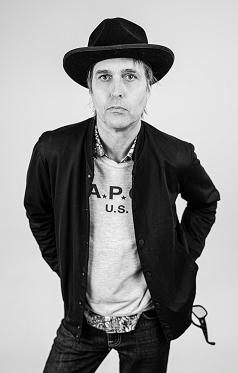
3_238_159auto_s_c1.jpeg)
